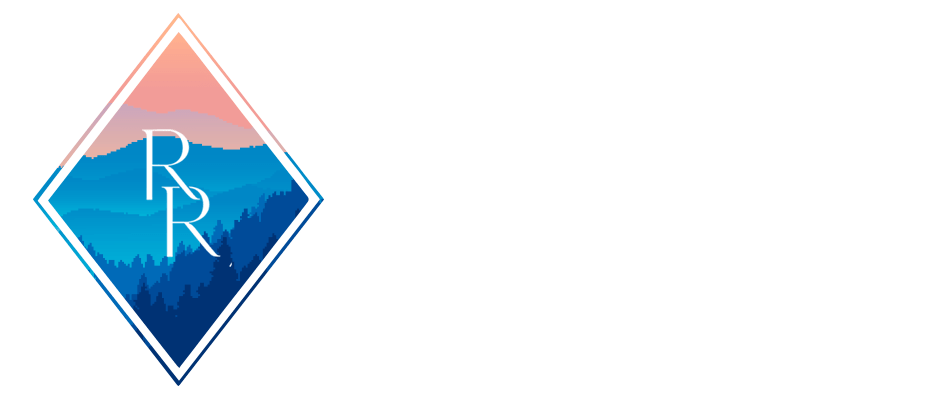For many clients, leaving addiction treatment brings new responsibilities and risks, including relapse. That is why Ritual Recovery, a trusted drug rehab in North Carolina, specializes in offering mindfulness-based relapse prevention to prepare clients with tools to recognize their emotions, avoid self-medication, and align with self-love.
Breathing and Meditation
Mindfulness is a form of holistic care often tied to meditation. While mindfulness-based programs extend far beyond simple meditation, they are indeed rooted in mindful meditation. Meditation is a tool that can be used no matter where you are, no matter what is happening. It can be done while:
- Eating
- Moving
- Sitting
- Walking
If you are sitting in a meeting, you can meditate. If you are talking to someone on the phone and experiencing frustration, you can close your eyes and meditate for a moment. You can step outside and meditate while walking up and down your street.
The breath provides a feeling of groundedness, a feeling of being held. Your breathing is a space to which you can return no matter what else is going on. A big part of mindfulness-based relapse prevention is providing tools you can use no matter the circumstances, location, or time.
Breathing and meditation are such tools.
Let’s look at an example of how to use mindfulness:
Claritza is struggling after her treatment. She’s finding it difficult to communicate. With mindfulness-based addiction recovery, she is able to take a few minutes after breakfast to remain seated at her table, close her eyes, and bring to mind the situation where she is finding it difficult to communicate.
She takes time to notice the first image that arises in her mind and, in particular, to notice what about the dynamic is uncomfortable. She notices that she is struggling to communicate because she is worried about being vulnerable.
Claritza does not try to hide from this vulnerability or fear. She just notices and sits with it. She observes how that discomfort manifests physically, with some tightening in her chest, unease in her stomach, and clenched hands.
She recognizes these physical manifestations, and as she continues to breathe, she acknowledges and lets go of the tension.
Befriending Discomfort
Mindfulness-based relapse prevention helps you learn how to tend to the full complexity of your emotions. This is key to responding to your feelings with more thoughtfulness.
Without learning to befriend discomfort, clients run the risk of continually searching for ways to suppress or avoid negative and uncomfortable emotions. It is this very desire that leads to things like:
- Overeating, particularly harmful foods
- Emotional outbursts
- Watching too much TV
- Addiction
After receiving treatment with Ritual Recovery, clients will face a wide range of struggles, stresses, triggers, and other anxiety-causing circumstances. We cannot control the stress that comes from having to maintain a job, driving in traffic, or engaging with someone in a conversation and hearing something we don’t like. However, when any of these circumstances cause internal discomfort, mindfulness-based addiction recovery programs help you recognize that you can control your response.
Controlling that response starts with recognizing these emotions for what they are and sitting with them instead of trying to change them.
Self-Compassion
Sitting with discomfort takes time. You have to be gentle, compassionate, and patient with yourself while you learn this new skill.
Mindfulness-based addiction recovery gives you the skills needed to boost self-compassion in this way.
Let’s look at an example of using mindfulness to foster self-compassion:
Tony is angry and depressed. He does not want to relapse, but he is mad at himself for not being more productive and for skipping his last AA meeting.
Tony decides to take a moment to sit with his discomfort, to focus on his breathing, and to bring to mind his younger brother. Tony loves his younger brother and has always had a special relationship with him. During his reflection, Tony brings to mind how easily his love is extended to his brother, how simple it is to communicate with him, and how gentle and compassionate he is to his brother during difficult times.
After reflection, Tony is able to focus on the last time his younger brother called, upset with himself. Tony was quick to offer love and compassion to his brother, letting his brother know that he was being too hard on himself. With more reflection, Tony recognizes that his same level of automatic love and care could be extended to himself as well. He offers himself the same guidance and support he would offer to his younger brother.
Ritual Recovery Can Help
Ritual Recovery offers substance abuse treatment in North Carolina. Our programs include partial hospitalization, intensive outpatient, and outpatient drug rehab in Asheville.
With Ritual Recovery, clients can learn mindfulness-based relapse prevention skills. These skills include focusing on the breath as an anchor during hard times, employing self-compassion, learning to sit with discomfort, cultivating resilience, identifying personal needs, and practicing gratitude.
Contact our team today to learn more about our programs and how mindfulness can help you avoid relapse.








